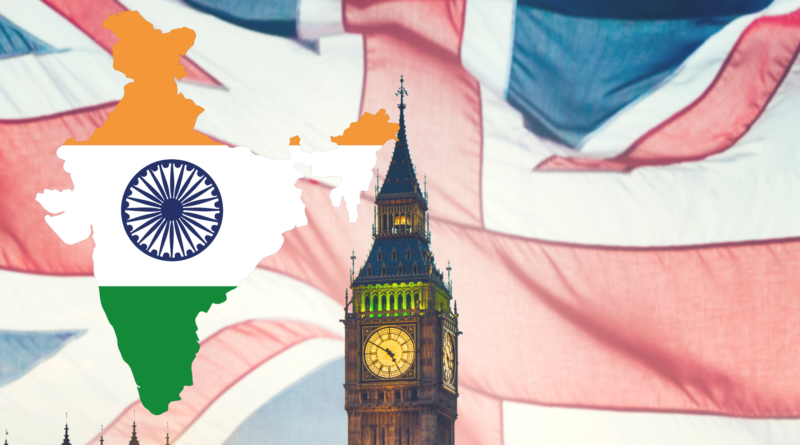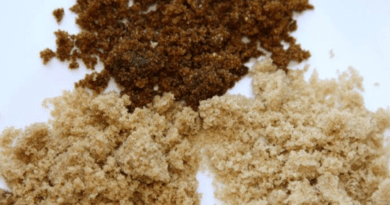UK push business ties, despite India’s stand on the Russia-Ukraine war.
India’s stand on Russia’s invasion of Ukraine didn’t go well with the UN and other western countries. Despite its discomfort with Moscow’s war, India has adopted public neutrality toward Russia. Indian Prime Minister Narendra Modi said he and Johnson discussed the situation in Ukraine during a meeting in New Delhi and underscored the importance of diplomacy and dialogue. “We’re on the side of peace,” Modi was quoted as saying by the Press Trust of India.
At the end of Johnson’s two-day visit, the two prime ministers set a target for concluding the “majority of talks on a comprehensive and balanced free trade agreement by the end of October,” according to a joint statement issued after their talks on April 22.
India urged “respect for the sovereignty and territorial integrity of the state,” regretted “that the path of diplomacy was given up” and urged the concerned states to “return to it”, and reiterated that “dialogues are the only answer to settling differences and disputes, however daunting that may appear at this moment.” India’s External Affairs Minister Jaishankar reinforced these themes during his intervention in the parliamentary debate on Ukraine when, in a coded critique of Russian actions, he reiterated India’s position “that the global order is anchored on international law, the UN charter and respect for the territorial integrity and sovereignty of states.”
India welcomed Britain’s commitment to invest about $1 billion in climate-related projects between this year and 2026. However, it has to be the United Kingdom’s long-term strategy to get India closer to the West and further away from Russia. At a news briefing on Friday, Johnson said collaboration between the two countries on energy security, including solar and offshore wind power, will help reduce dependence on imported hydrocarbons.
India has longstanding defense ties to Russia, and up to 60 percent of India’s current military equipment was imported from Russia. India is a large consumer of oil. Despite warnings from the US last month, state-run Indian Oil Corporation bought 3 million barrels of discounted Russian crude oil.
Moscow moves ever more deeply into Beijing’s embrace, something Indian policymakers believe would be unhelpful to both India and US simultaneously. Such yearnings, by the way, also illustrate the current limits of the oft-declared US-Indian convergence on values




